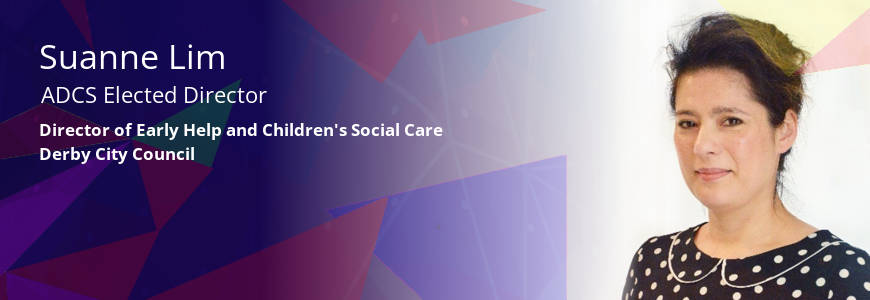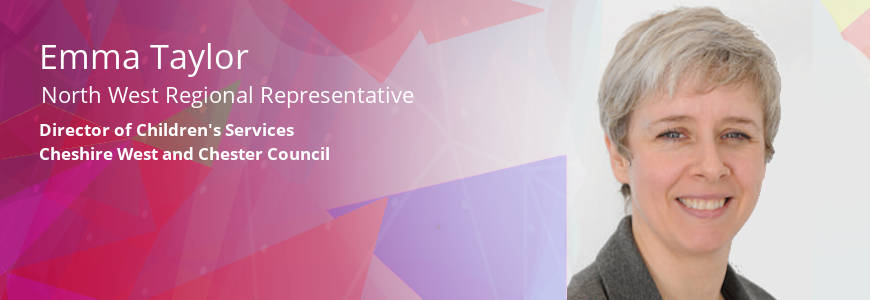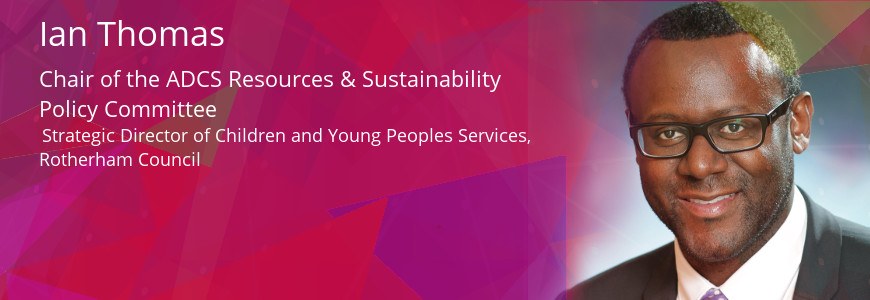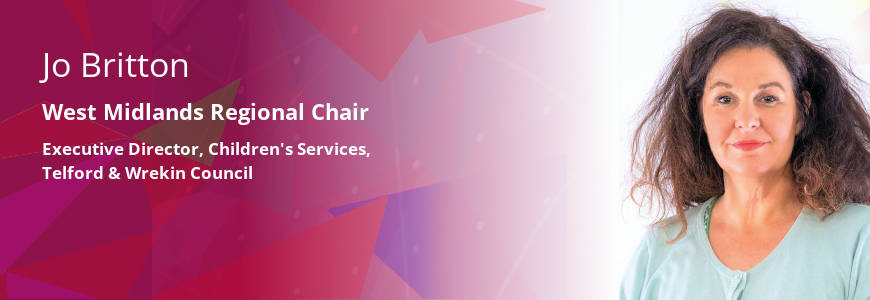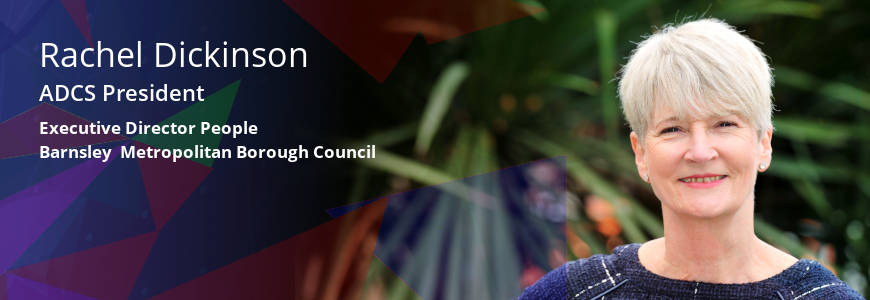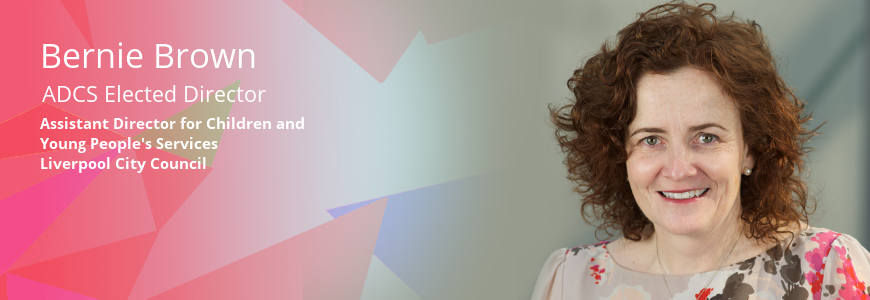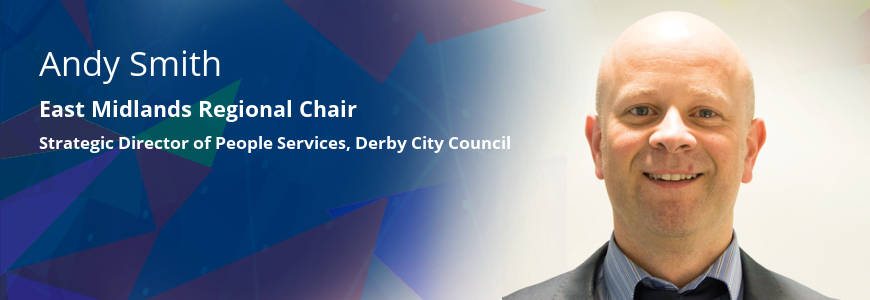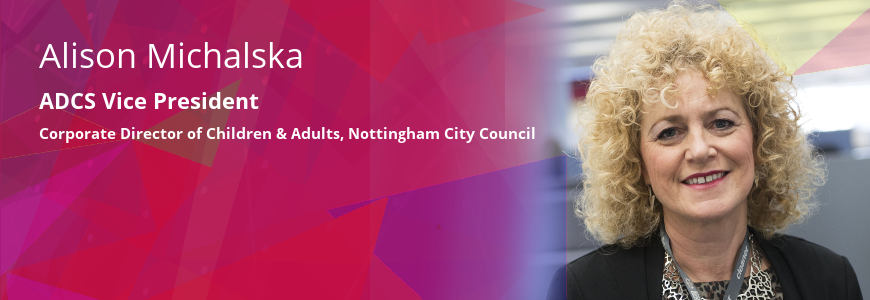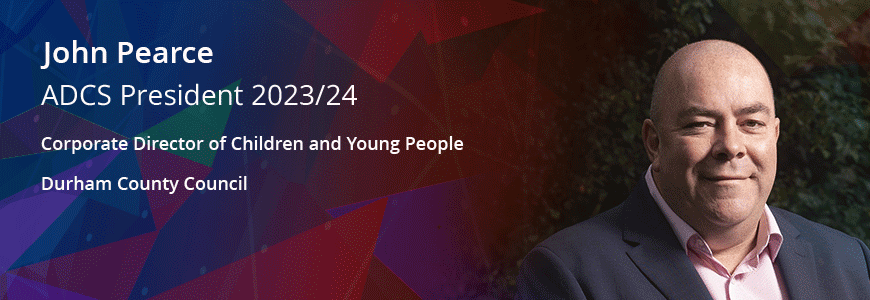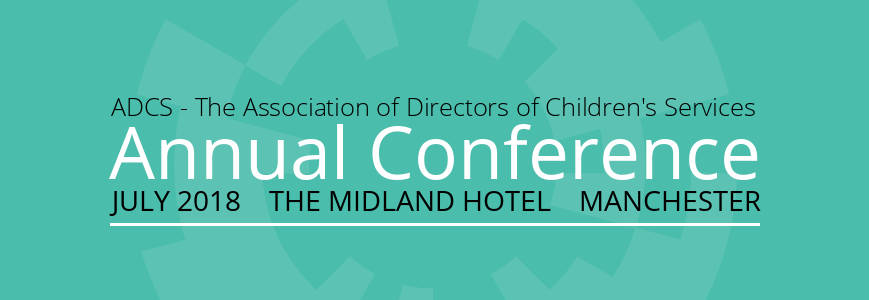How and when should we use technology in social work?
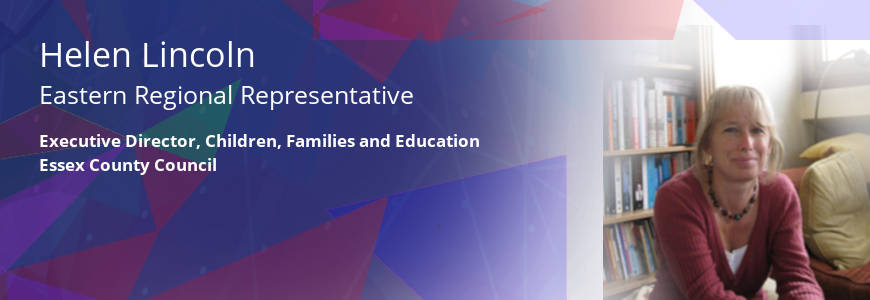
Everyone who knows me or has heard me speak knows how passionate I am about targeted prevention, using the option of care wisely and sparingly, and holding risk in the community with children and young people’s families. So, it might surprise you that in this blog I am going to write about the much less sexy topic of record keeping. This requires urgent attention, for three simple reasons:
- social workers spend so much time recording
- many IT systems do not easily support social work practice; and app development has been piecemeal
- the pace of technological development means that there is an urgent need to consider the ethics of artificial intelligence and machine learning
Many of you will be aware of BASW’s 80/20 campaign, to increase the time social workers are able to spend in direct work with children and their families. Although it was a self-selecting survey of social workers, it found that social workers spend only 20% of their time working face-to-face. In Essex, we found that our staff spend 40% of their time in direct work. Good, you might think; but social workers also spent an average 15.7 hours per week on laptops recording their work. So, if we want social workers to spend more time using their skills to work with families to improve outcomes for children, it is probably time to revisit recording practice. After all, it is now 16 years since Walker, Shemmings and Cleaver produced Write Enough: Effective Recording in Children’s Services.
Like other authorities, we’ve put a lot of energy into working with our software suppliers to improve the look and feel of our recording systems, and I am sure we have all had some success in making them more user-friendly. However, these systems are, for the most part, based on the old Integrated Children’s System (ICS) standards. Long before Eileen Munro delivered her final report into child protection in 2011, the inadequacies of the ICS systems were well documented. Although the ‘workflows’ built into these systems were switched off, there has been no significant change to their design.
I think there are several practical difficulties:
- The use of voice or handwriting recognition software to record is not widespread. Yet for most social workers, how much easier would it be to record their work while they are on the move? Harry Ferguson’s notion of mobile social work reminds us of the importance of time spent in the car, talking and reflecting on our work. Yet, even if this were slick, what type of recording does it lead to?
- Records can often only be searched by record type: ‘visit’, ‘telephone call’, and so on, and then, we often have to open each record in turn to find the one we want. Imagine how much more powerful the record could be, if social workers could search for ‘drugs’, ‘domestic abuse’, ‘mental health’ etc.
- Furthermore, relationship-based practice is free-flowing. It requires a narrative record. For those of us who were social workers before digital case recording, we can remember the feel of the record, see the story it told, and judge complexity, almost by the weight of the file! Digital records are very limited in this regard.
Of course, we have to acknowledge the benefits of technology too. To give just one example, I don’t have to travel from Chelmsford to Harlow to read a case file for my monthly contribution to our case file audit process.
Yet there is something more pressing: the technological advance in predictive analytics.
Writing in The Guardian, Richard Godwin reported how babies’ data is recorded, by socks (yes socks!), amongst other things:
‘We can create information about how a baby’s doing in the home and then use that data to run machine-learning and build artificial intelligence. We’re starting to develop algorithms that can tell you the best time to put the baby down for a nap.’
So, it seems parental judgement could now be replaced by a reliance on the accuracy of an algorithm.
And social work is not immune: algorithms have been used in the United States to replace decision-making at point of contact. This raises many questions, including:
- do we record the right data;
- who owns the data and what consent is required;
- can/should it be used by third parties;
- how is it applied – to make the decision, or as a tool to reach a decision;
- is its design transparent;
- does it reinforce stereotypes of marginalised and vulnerable groups?
It is now time for the profession to take a very careful look at the application of technology to predict abuse. Indeed, just last month the What Works Centre for Children’s Social Care sought partners to apply machine learning to social work records and proposed a debate on the ethics of it.
Personally, I do not think we want to replace social work judgement, any more than parental judgement, with a reliance on the (in-)accuracy of an algorithm.
But should we be alive to how technology can help create the time, space and even environment where that judgement can impact most effectively? Absolutely.
Related Blog Articles
I am sat writing this blog recovering from a bout of covid, a sharp reminder...
In Funding
Hello ADCS Colleagues I recently had the privilege of being part of a panel...
In Workforce
I have blogged here before about how in West Berkshire we’re choosing to focus...
In General
Recently, I chaired the North West’s School Improvement Group and also led a...
In Education
Who's to blame? The first question posed whenever there is service failure,...
In General
November can be an odd month. We are not yet at the end of the year but are...
In General
Even more concerning is the lack of join-up nationally where responsibility for...
In General
I am writing this blog as we come to the end of another school year – it’s...
In General
Since the start of the lockdown I’ve found it inspiring how children’s...
In General
Outcomes based practice and accountability! Nothing new you might say. At a time...
In General
So what do we mean by trust? Ask someone to define ‘trust’ and you’ll get...
In General
As we move into spring it’s a time of change and I have the privilege of...
In General
At the recent ADCS policy seminar I was asked by a fellow Director of...
In Workforce
The ADCS Annual Conference 2018 opened on Wednesday 4 July in a very sunny...
In General
As I’m sure many of you will have noticed, the highly anticipated Scottish...


